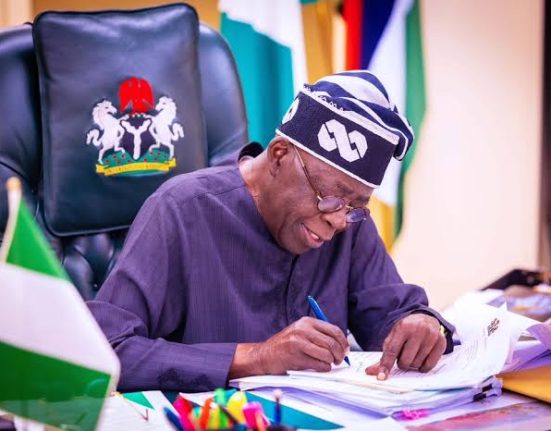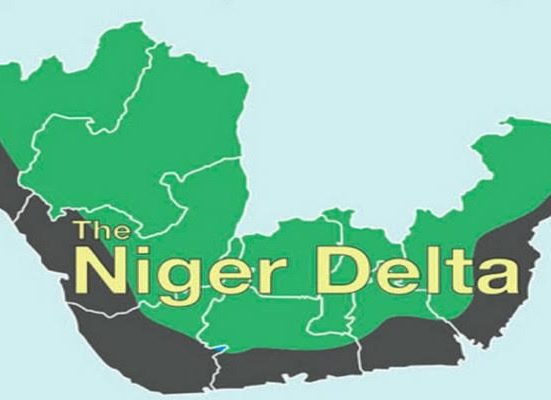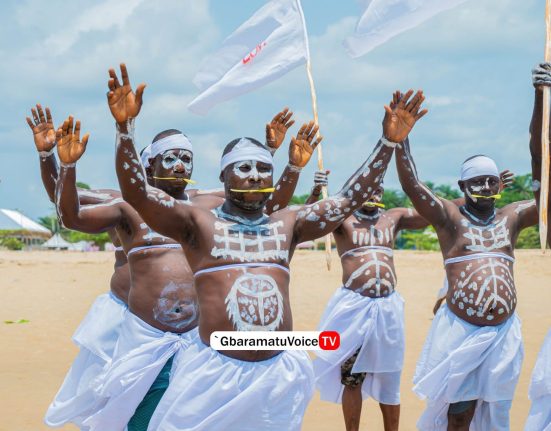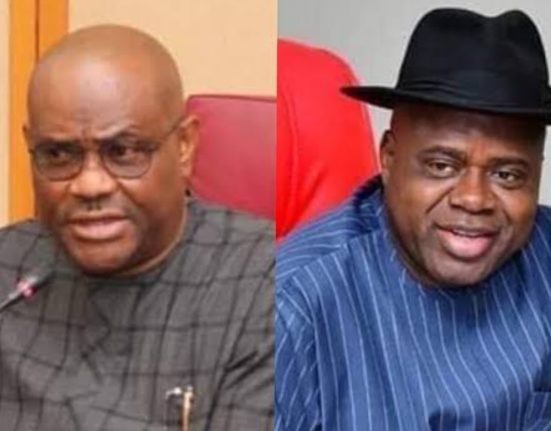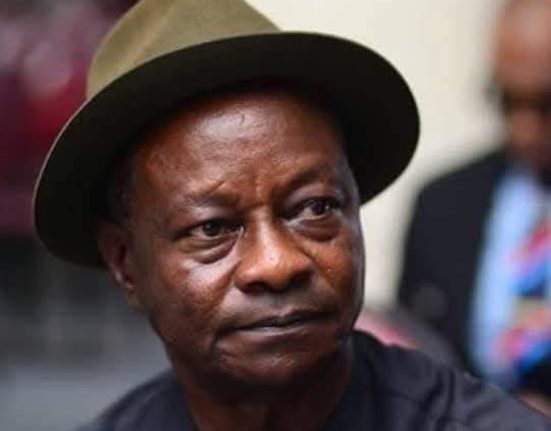It has lost transparency—Omare
On performance, we are doing well – Owei Lakemfa
We have over 2,400 students on our list – Amnesty Office
Kingsley Kuku led administration, more transparent-IYC Boss
Our agricultural programme is targeted at the Amnesty beneficiaries-Lakemfa
What seems to be the opinion of an average Niger Deltan concerning the Amnesty Programme was recently reechoed by the factional leader of Ijaw Youth Council, IYC, Barr. Eric Omare when he described it as an organization that is lacking in transparency.
Barrister Omare stated this when he appeared on GbaramatuVoice popular programme tagged; Focus-On-Niger-Delta, in company of Mr. Owei Lakemfa, Media Consultant to the Special Adviser to the President on Niger Delta Affairs and Coordinator of the Amnesty Programme, Brig. Gen. Paul Boroh (Rtd).
According to Omare, the current leadership engagement with stakeholders is not as transparent as it used to be under Kingsley Kuku.
Continuing, the IYC factional leader explained that the current handlers have carried on with some of the things that Kuku was doing but again have been marred with issues here and there.
Responding to the issue of transparency, Mr. Owei stated that the office holds regular meetings with the leaders of the three phases of the programme where reports are given, they get clarifications and they make suggestions which the office acts on.
“There are also internal and External Auditors, an Evaluation Department and the National Assembly that carries out oversight functions.
Appraising the performance of the present handlers of the programme, Mr. Owei without hesitation scored the current handlers high.
In his words, “I think it has been quite successful. It has the mandate to cater for those that took Amnesty and I think it has been up to the task.”
But the IYC boss, again, viewed it differently. He explained that in assessing the programme, “One has to look at it from the different dimensions of the programme. Recall that the main idea behind the Amnesty Programme was to provide peace in the region.
“Therefore, from the perspective of restoring relative peace to the region, it has been a success to an extent. However, when you look at it from the angle of government fulfilling its promises to the region, it was a failure.”
So he opined that the Amnesty Programme has ensured the free flow of oil with a massive flow of oil money, but the people of the region have nothing to show for it.
On his own part, the media consultant explained that the Amnesty Office has the mandate to pay the beneficiaries a monthly stipend; this mandate, he claimed they are fulfilling.
The media expert further stressed that the mandate also included reintegrating the ex-agitators into the society. A job he said the body is doing by giving them vocational training and empowering them in batches as well as providing them with tertiary education within and outside the country.
When asked by our correspondent if the programme has been able to end militancy in the region, Barr. Omare reiterated his earlier position by maintaining that there is a relative peace in the region but was quick to add that there was a resurgence of militancy recently because the government of the day failed in its promises to the region.
In the same vein, the media consultant took time to clarify that the Amnesty Programme is not to provide infrastructural development in the Niger Delta.
He further linked such responsibility to the task of other agencies like the Niger Delta Development Commission (NDDC) and the Ministry of Niger Delta Affairs.
But the leader of the Ijaw Youths viewed it from yet another perspective.
In his words, “We cannot talk about the success of the programme without looking at the wider picture which is to address the challenges facing the region.”
He then pointed out that the weak link in the implementation of the Amnesty Programme is the lack of job opportunities for those that have been trained.
On their agricultural programmes, Mr. Owei explained that beneficiaries are trained by various institutes and farms like the agricultural departments of schools such as the University of Calabar and Songhai Farms.
In his words, “We just returned from empowering beneficiaries in George Town and other towns in Okrika. Obviously, the emphasis on agriculture will impact on the rural areas where some of these farms are located and on the overall strive for food sufficiency.
He pointed that they have over 2,400 students on their list currently in Nigeria. 261 graduated in 2015 and 495 students graduated in 2016.
On the way forward, Barr. Omare opined that the agricultural initiative is a very good one in the light of the present economic challenges.
However, he stated that the selection process of the amnesty beneficiaries to participate need to be transparent as he doesn’t know where those they are empowering on a daily basis are coming from.
While explaining the above, Mr. Owei further pointed out that those selected are the beneficiaries who took part in Amnesty Programme.
According to him, “It is from them those to be trained are selected and we are careful to ensure that they cut across the nine oil producing states.
“There were over 13,000 untrained beneficiaries and we cannot train more than 1,000 in a given period as there are budgetary constraints.”-Owei said.
But he finally added that the books are open for those who want to verify if the trainees are authentic beneficiaries of the Amnesty programme.



